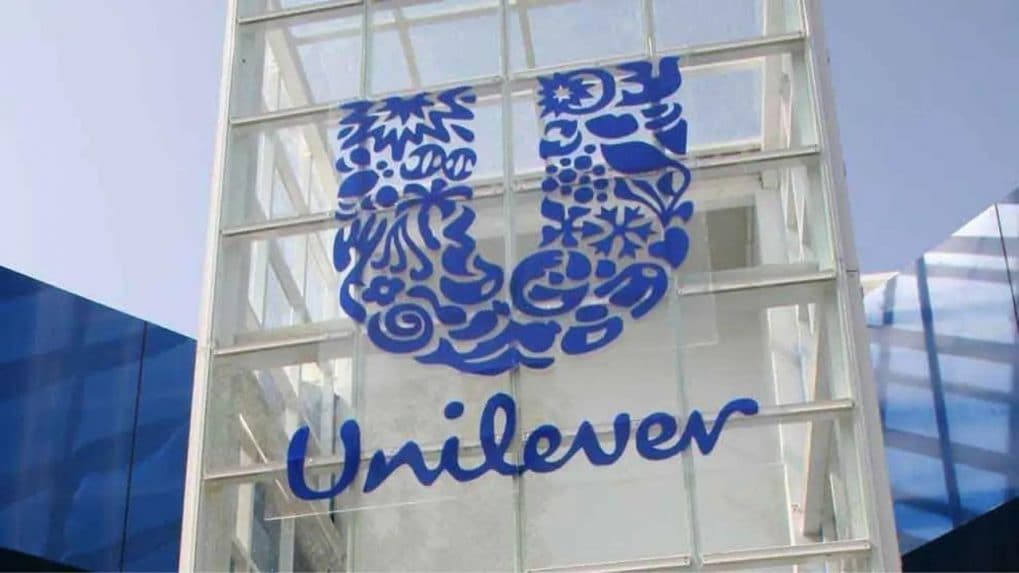Brand Makers
Dil Ka Jod Hai, Tootega Nahin

Unilever has said that it is defending its market leadership position in India from smaller regional players, since it has taken a tole on its printing growth. This situation is expected to persist for the next few quarters.
"If you look at India, the good thing about quarter four is with the price pressure that is there in India, one of the impacts of deflationary pressure in some categories could be with increased competition and so forth. We have seen a volume growth, so the minus 2 percent on pricing was balanced by a 2 percent volume growth. I think that’s a positive for India,” Unilever CEO Hein Schumacher said in an earnings call.
We do see the situation continuing for the first and second quarter and we do see improvement opportunities in the third and fourth quarter. So we believe that in the balance of the year, India should see a slowly changing trajectory, but in the short term, it will probably be around that level,” he added.
By the end of the December quarter, Unilever’s Indian business grew in middle-single digit led by volume. Lower input costs led to negative pricing in the fourth quarter.
"The raucous, almost deafening, cuss words from the heartland that Piyush Pandey used with gay abandon turned things upside down in the old world order."
Read MoreFrom OpenAI’s ChatGPT-powered Atlas to Microsoft’s Copilot-enabled Edge, a new generation of AI-first browsers is transforming how people search, surf and interact online — and reshaping the future of digital advertising.